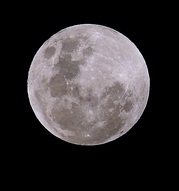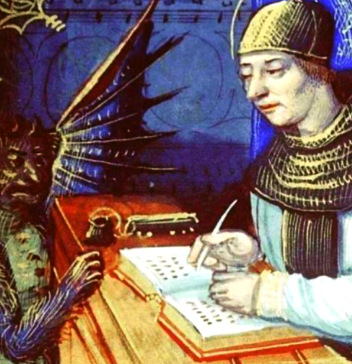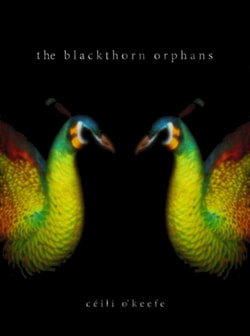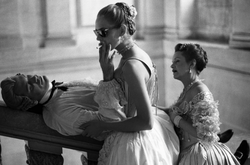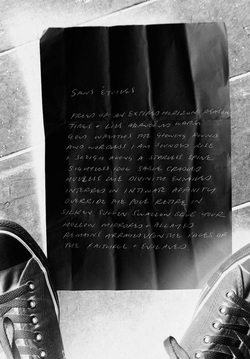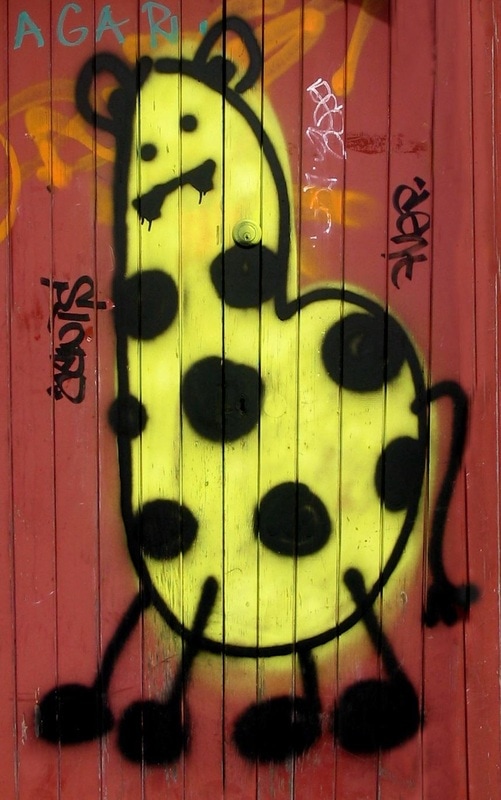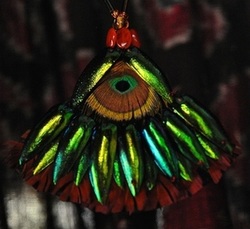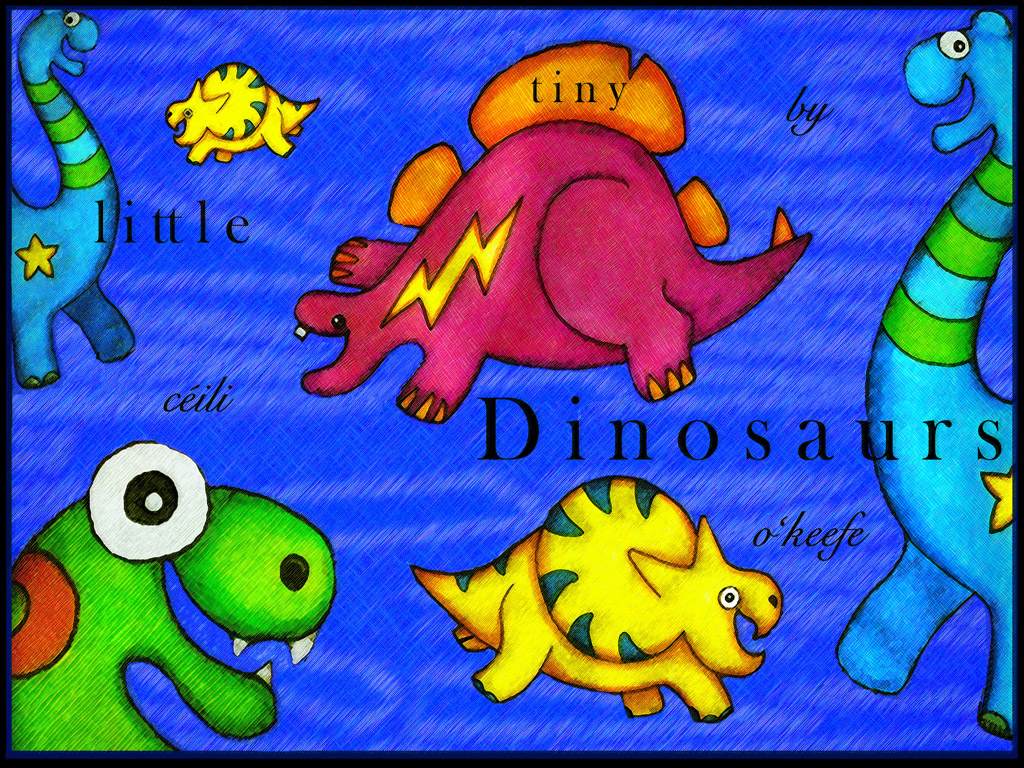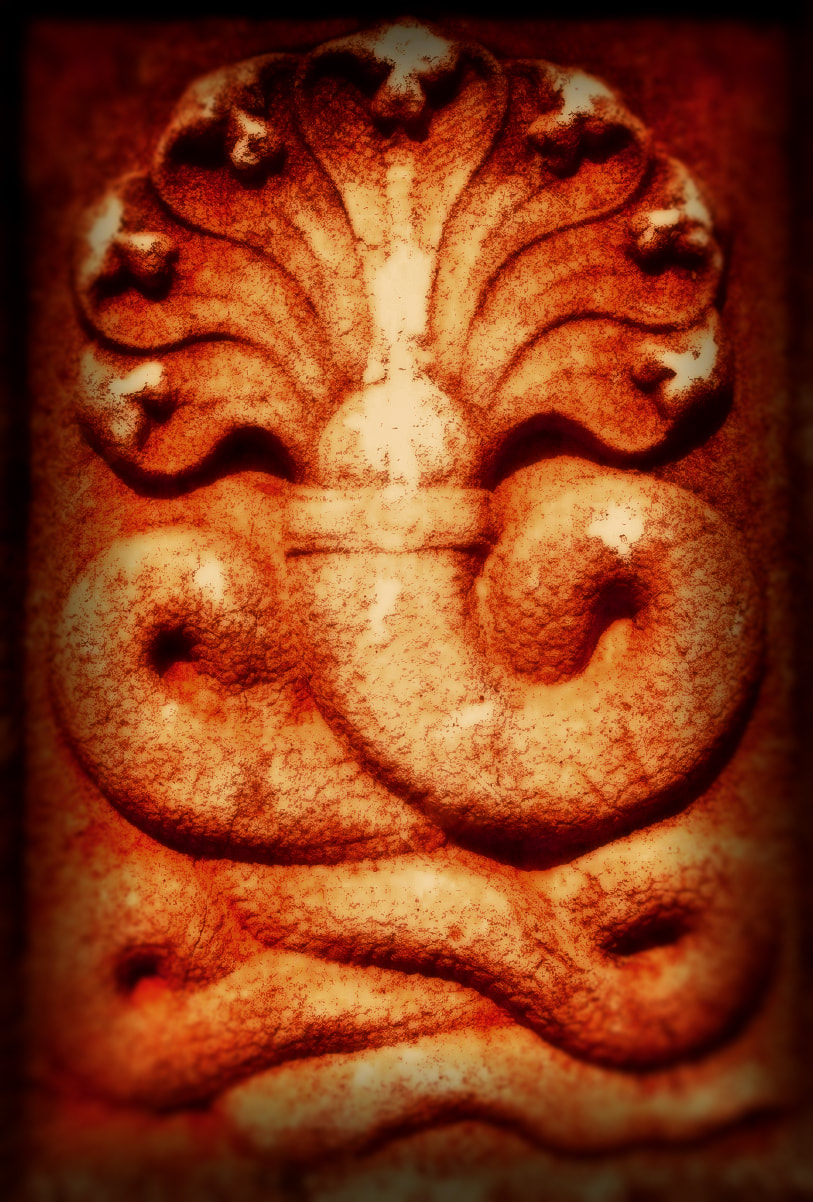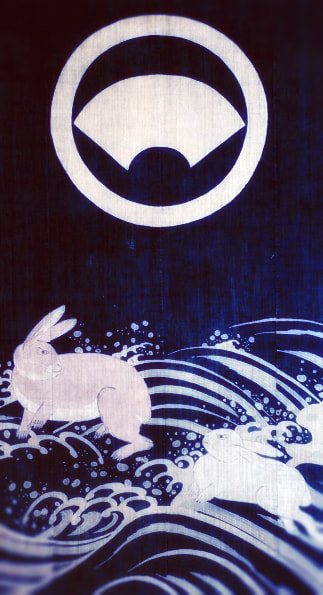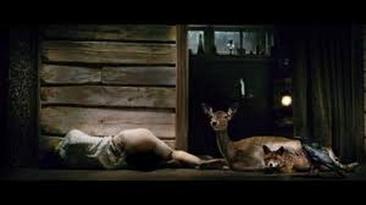
Personally, I love that Lars will bite virtually any hand that comes at him, flying the black flag with his sulky, spiky, depressive awkwardness, the unblinking refusal to moderate in a world oozing with reptilian accommodation. No offence, lizards. Hissed off the boards at Cannes and execrated by everyone from the expectorating feminist to the moistened evangelical, Antichrist was born to the sound of so much pearl-clutching that I would have walked across a mile of broken glass to see the thing, quite frankly. Inured to cinematic violence and forearmed against Von Trier's visual piquerism I didn't think I had much to fear from its now-infamous mutilation scenes (there's more than one, not that you'd know from the puerile and mischievious coverage that element received) and I was right about that. If you have demurred for this reason, you really needn't be afraid of this film; it is bad, but we hear and see far worse all the time. I've suffered far more tribulation in my attempts to review the fucking thing, splurging and chopping and groaning as I try to empark something of its supermassive wilderness. I apologize for incoherence but I will say that jibbering and salivation are themselves authentic responses in this instance.
Gainsbourg's soft, almost battered-looking face is both window to her struggle and a foil to the ferocity of its extravasating impulses. As the Wife she huddles under the gnawed caul of grief, retaliating with whiplash abandon in the manner of all goaded animals. Her portrayal is breathtakingly adult and neither she nor Lars shies from voicing the compulsive energies lurking under every more nuanced aspect of our personal expression; in despair she is catatonic and in lust she is lacivious and when paired they are a spectacle to challenge the most evolved of spectators. Sex parades our own animal before us, even when we cannot bear another insult to our sense of self and this is a hard slap to those who've never met that truth before in some dark alley. Lars ambushes the unexamined, inducing them to drink their own psychological urine.
There's plenty to go around. The suggestion that the Wife allowed and even engineered her child's misfortune is the self-reproach of anyone ever touched by accidental death. The eternal notion that a woman's self interest and pleasure are necessarily depraved or (in sickly modern parlance) inappropriate is tapped by the Wife's regression into the conclusions of her own academic research- that the female is intrinsically evil. And if we are not evil, are we hopelessly weak in our ingestion of this slander, in our slavery to its dictates? Von Trier's concern with the scorched earth still smoking behind institutional misogyny is painful and necessary, and that it earns him so much vitriol from gender sloganeers reveals their morbid preoccupation with the vanity of victimhood.
Antichrist arranges its supernatural devices around the idea of the Witch, the land and beasts and elements employed as cryptic heralds, signposting the amorality of existence and the imminence of oblivion. That life is no more than a sequence of random collisions and dissolutions is declared by the fox devouring itself and by the violence both committed and mitigated by the woman in her unanswered despair. No one is allowed to fuck that pain away and there is much to ponder in the absence of this most conventional solace. What does it mean to breed and die? Who the hell are we anyway and when did we last ask ourselves? What do we really have to lose?
Though the film's emotional torque rests heavily on Gainbourg's portrayal, Dafoe is also a faithful servant of the material at the reckless expense of vanity and ego. His sanitary distance from his wife's suffering grades into futile involvement in her derangement and this keeps us happy until we begin to suspect his haplessness. His physicality, already so suggestive of the witch's supposed mentor offers a view of the infernal male, an archetype Von Trier has so often presented; the Husband, almost as though freed by the mad sadism of his partner, emerges darkly from passivity like a snake crawling out of its own skin, perhaps revealed as something else altogether. The perfect ambiguity of the conclusion, writ large on Dafoe's enigmatic features, throws everything we've just seen into chaotic uncertainty and still confounds me to this day. Was Antichrist pointing in two directions with that final conjunction, or is it perhaps perfectly clear and I just can't see it? Whatever. I'm happy either way- his metaphors are never cheap. They stare into our secrets and speak our own most primal language.
Technically, it is amazingly well executed within the bounds of the money and the depression Lars was battling at the time and he's apparently spoken at some length about his regrets in this department. I wouldn't feel too bad if I were him; the film crouches with its back to us and aggresses so memorably that I'm not sure what else he could have done. Its CGI and conventional visual effects could have gone terribly wrong and taken the entire piece with them, but they were so consistent and coherent, so expertly staged within the dramatic context that I literally didn't know what to think about some of them. Anyone who has ever used a camera creatively quickly learns that darkness is both your friend and mortal enemy; allowing it a single excessive increment in either direction, at any point in your compositions can doom the whole. Consider then the seamless mastery of this factor exhibited in Antichrist, in complex combination with both graphic allegory and simple, unfrilled vérité. The Forest is put to work with more discretion than is initially suggested, its unruly potential cultivated with the same pimp hand Lynch used in his better days, Von Trier surpassing the latter because he walks into the trees, engaging them instead of ogling their feral enormity from across the road.
Watching a lot of Von Trier's stuff is like being Hansel or Gretel, except that you are confronted with ocean of breadcrumbs spread across the forest floor in all directions instead of some happy little trail. He has the nerve to make you wander knowing full well you might hate him for it and, even worse, misunderstand. I would never have suspected the degree of courage this required unless I'd written something myself. Antichrist is massively ambiguous and I suspect people were far more enraged by this than any prosthetic clitoridectomy. I defend his use of mutilation as a necessary extreme for a character dismembered by her own excruciating tectonics. (That majority critique was far more concerned with the fate of the character's genitalia than any other portion of her is a bitter modern irony; at any point in our monotheistic past an audience would have applauded her excision as laudable and theraputic and it is of course still practiced in actuality.) Von Trier drops feet-first into the female reality, reminding us again that one of the few people willing to walk into that perilous cinematic territory is a fucking man. I forgive him because he is truthful, so patently the boy who pulls your hair because he fancies you that I wonder why his critics refuse to admit the misogynist who builds his creations around women defines himself out of all practical existence. If he were to declare himself the world's premier skirt-hater tomorrow in all sincerity, I would not believe him- deeds, not words. His men are weak and hellbound, cowardly and unidimensional... everything women are historically accused of. Maybe Lars hates everyone.
Shit- look at the time. I could talk Antichrist for twenty pages and I very nearly have. If you hate LvT's stuff, fair enough, but at least be sure that you really do know why. His press is largely the work of cud-munching hacks and the desperately envious, and when you think about it, to be booed at Cannes is to receive a Palme d'Or fashioned from the yellow tears of every mediocre slug who ever wept for themselves in private.

 RSS Feed
RSS Feed
